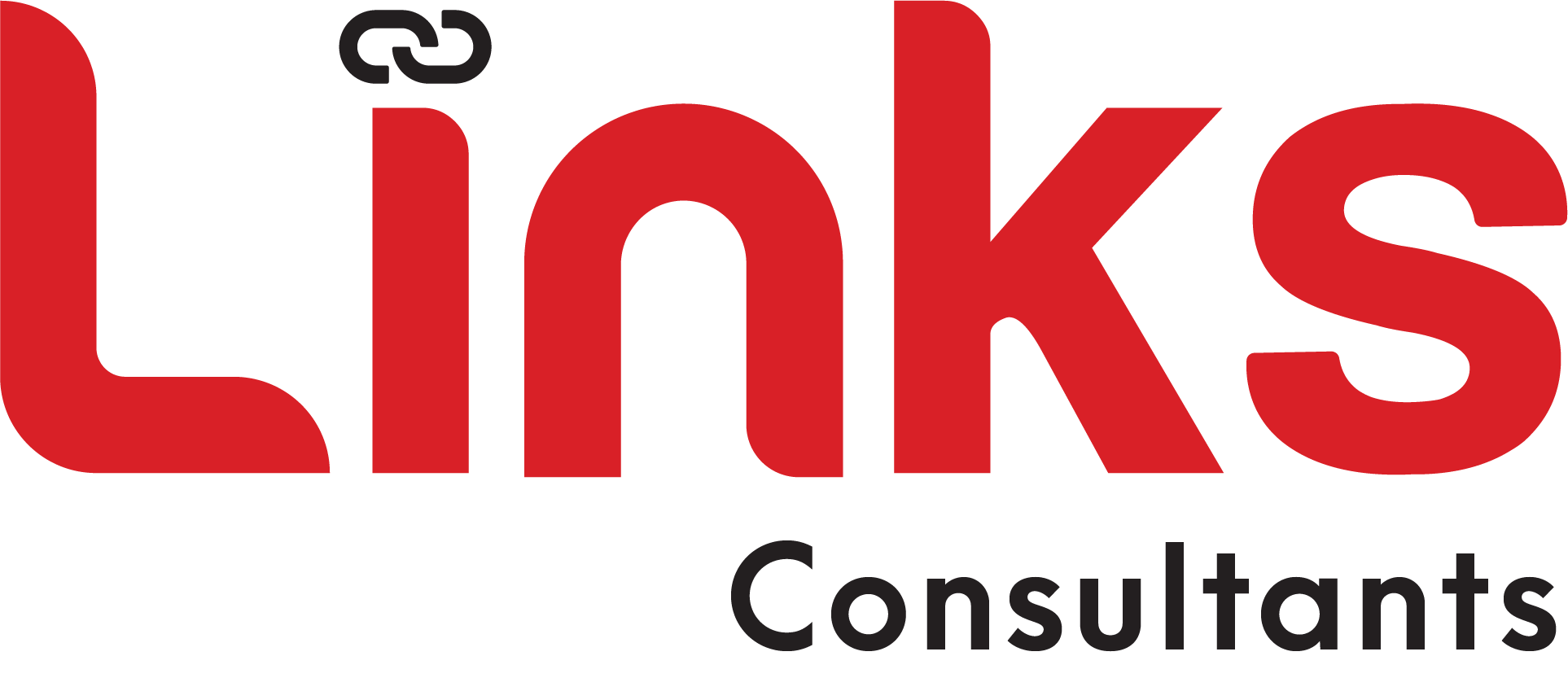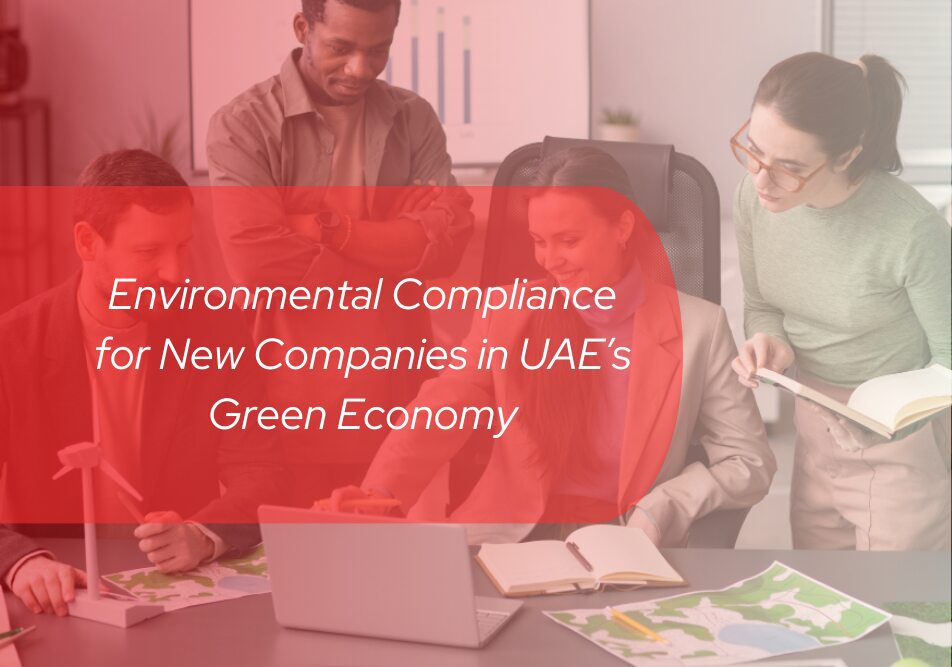Everything Foreign Investors Need to Know About UAE Corporate Tax
The UAE has long been known for its investor-friendly environment, global business accessibility, and tax benefits. However, with the introduction of corporate taxation, many foreign entrepreneurs and investors now have new compliance responsibilities. While the UAE remains one of the most competitive low-tax jurisdictions in the world, staying aligned with regulations is essential to avoid penalties and ensure smooth business continuity. Understanding corporate tax requirements, filing timelines, recent legal updates, and compliance documentation is now part of running a business in the UAE. Whether you are operating a free zone company, mainland business, or a remote-managed entity, knowing how corporate tax applies is crucial. This guide highlights the latest CT updates, common mistakes companies make, and how partnering with a PRO and accounting provider can simplify every step of registration and filing. What Is UAE Corporate Tax and Who Must Pay It? Corporate tax applies to profits generated from business activities conducted in the UAE or managed from the UAE. The standard corporate tax rate is 9% on taxable profit exceeding AED 375,000, while profits below this threshold may qualify for a 0% rate. Businesses that typically fall under UAE corporate tax include: Free zone entities may still benefit from tax incentives if they meet qualifying income criteria, follow compliance protocols, and avoid disallowed revenue streams. Latest Corporate Tax Updates Foreign Investors Should Know Corporate tax regulations continue to evolve as business environments, compliance needs, and international standards shift. Recent updates include: Foreign investors should remain proactive and work with experts who track legal adjustments closely. Corporate Tax Compliance Checklist for Foreign-Owned Companies Following a structured compliance approach can prevent unnecessary fines or delays. Every business should ensure the following is in place: 1. Corporate Tax Registration Every business must register with the Federal Tax Authority (FTA), even if exempt or qualifying for a 0% rate. 2. Maintain Proper Accounting Books A minimum of five years of financial records must be stored and available for audit. This includes: 3. Prepare Audited Financial Statements Certain free zones and licensing authorities now require annual audited financial statements for compliance and renewal. 4. Determine Taxable and Exempt Income Companies must clearly classify: 5. Timely Corporate Tax Filing Filings are due based on the business’s assigned fiscal year. Deadlines must be tracked to avoid penalties. 6. Apply Transfer Pricing Rules if Applicable Businesses operating across multiple jurisdictions or related party entities must follow approved transfer pricing documentation rules. This compliance checklist helps ensure businesses operate legally and maintain regulatory alignment throughout the year. Common Mistakes Businesses Make With Corporate Tax Many businesses underestimate compliance complexity. The most common mistakes include: Even zero-profit companies must submit filings on time. How PRO + Accounting Support Simplifies Corporate Tax Registration and Filing Corporate tax is still new in the UAE, and many businesses—especially foreign-owned ones—prefer expert support to avoid errors. A combined PRO and accounting service model can help with: A. Registration and Documentation A PRO ensures timely registration with all required authorities and avoids delays or rejected submissions. B. Accurate Bookkeeping Professional accountants manage records to ensure full compliance with UAE regulatory standards. C. Filing Corporate Tax Returns Tax specialists calculate taxable income, prepare filings, and ensure reporting aligns with FTA requirements. D. Free Zone and Mainland Structuring Advice Specialists guide companies on whether they qualify for 0% taxation and how to maintain eligibility. E. Avoiding Fines and Penalties A support team monitors renewals, filings, and deadlines so nothing is missed. This approach saves time, reduces operational risk, and ensures correct compliance from day one. Why UAE Still Remains a Top Investment Destination Even with corporate tax implementation, the UAE remains one of the most business-friendly global hubs. Foreign investors benefit from: Businesses still operate in a highly competitive tax climate, supported by advanced infrastructure, reliable government systems, and investor-focused regulations. FAQs 1. Are all companies required to register for UAE corporate tax? Yes. All UAE businesses must register with the FTA, even if exempt or qualifying for the 0% rate. 2. Do free zone companies pay corporate tax? Free zone companies may qualify for 0% tax if they meet compliance and revenue eligibility conditions, but non-qualifying income may be taxed at 9%. 3. What happens if a business does not file corporate tax on time? Penalties may apply, including fines and account restrictions. 4. What financial records must be kept? Invoices, payroll, banking records, expense logs, and annual audited statements must be maintained for at least five years. 5. Can accountants handle corporate tax filing on behalf of the company? Yes, certified accounting and PRO service providers can manage registration, reporting, and submissions.
Everything Foreign Investors Need to Know About UAE Corporate Tax Read More »









